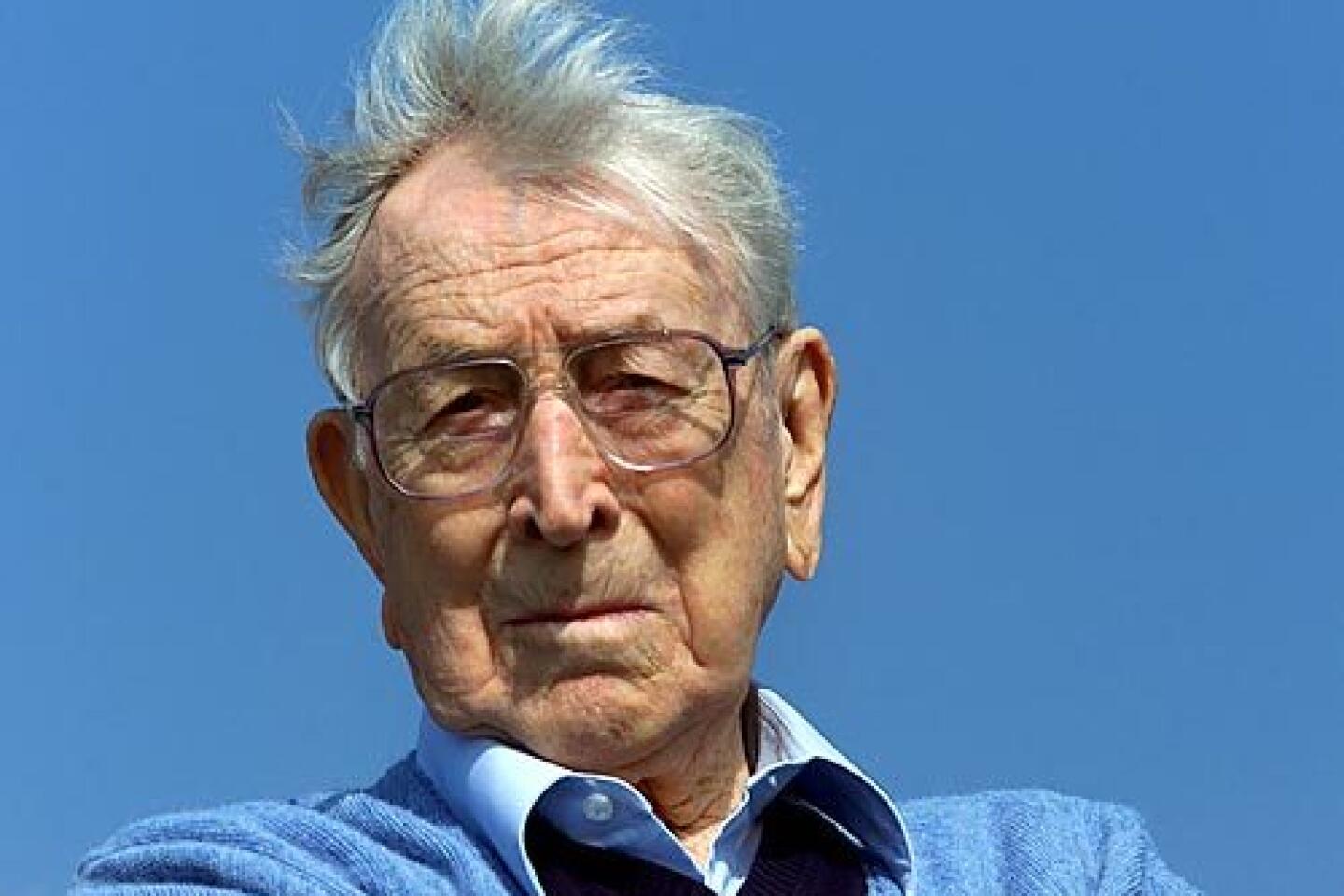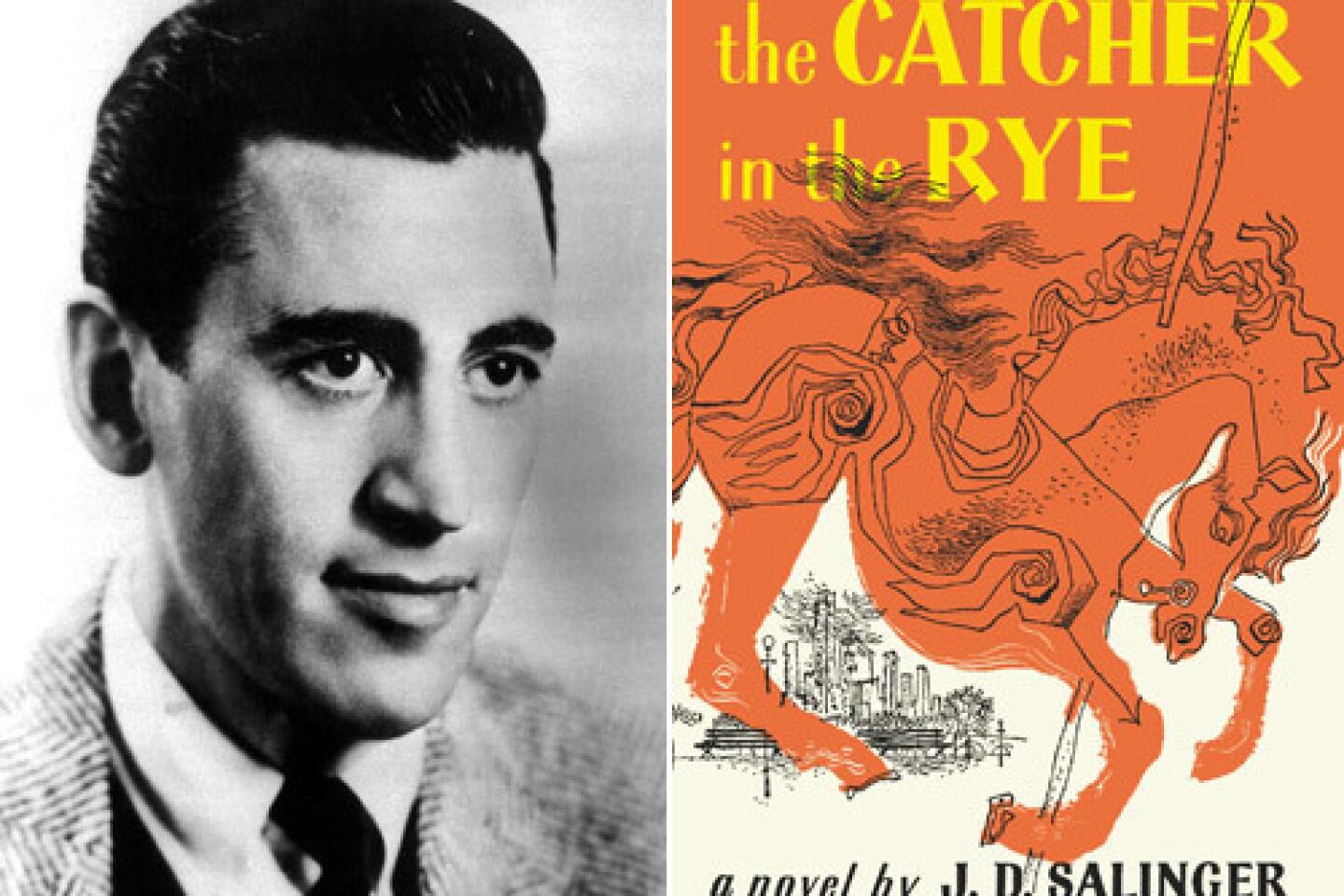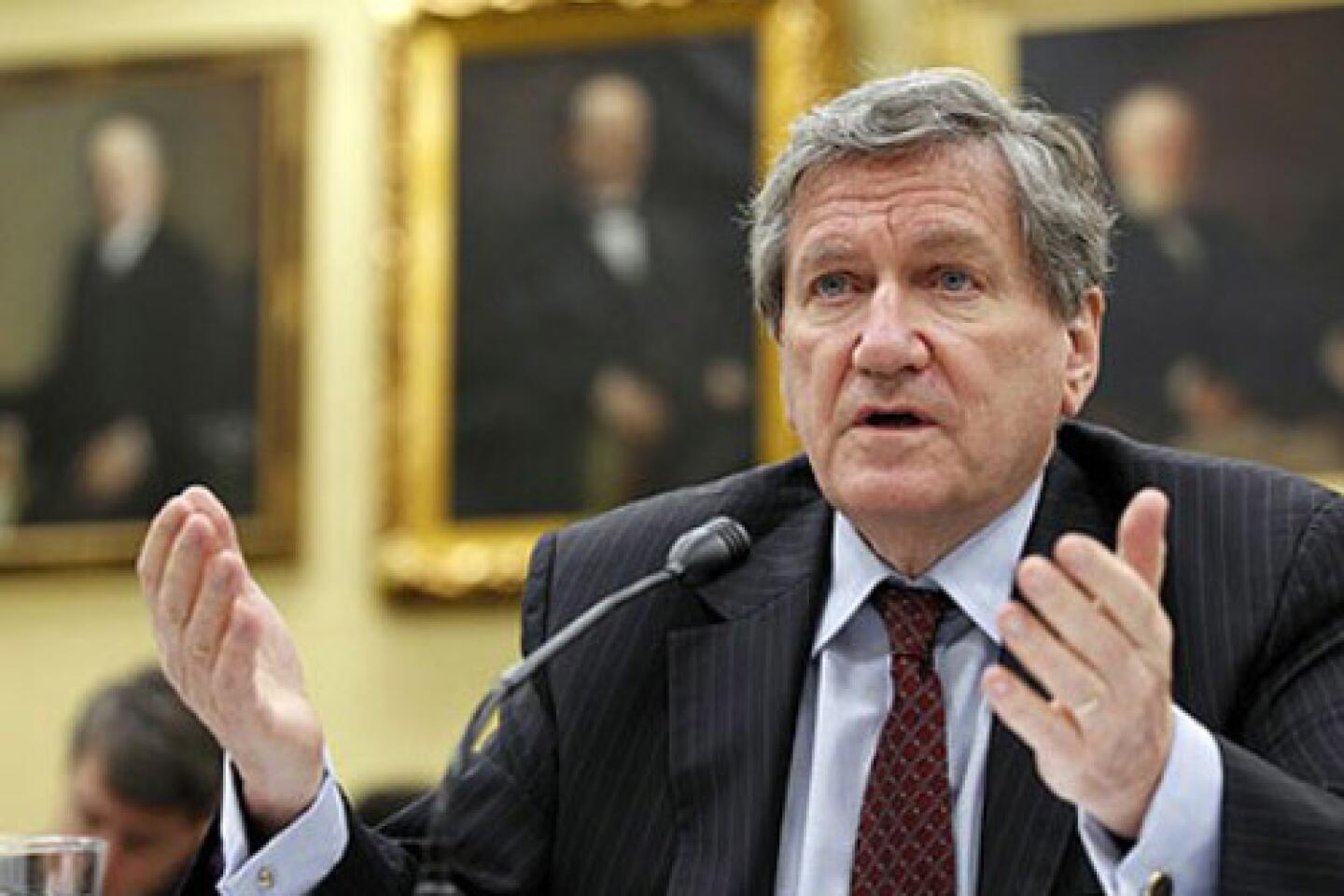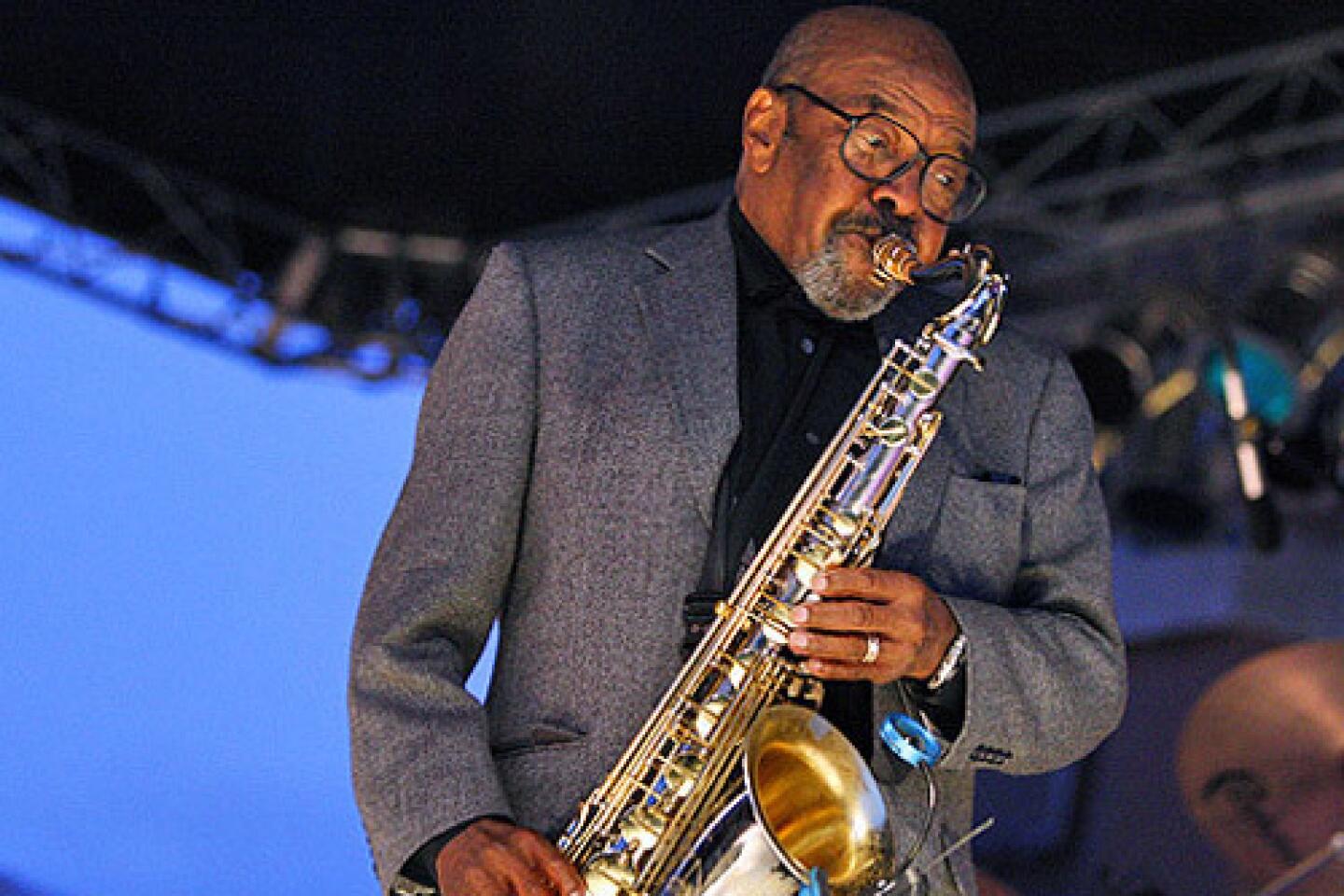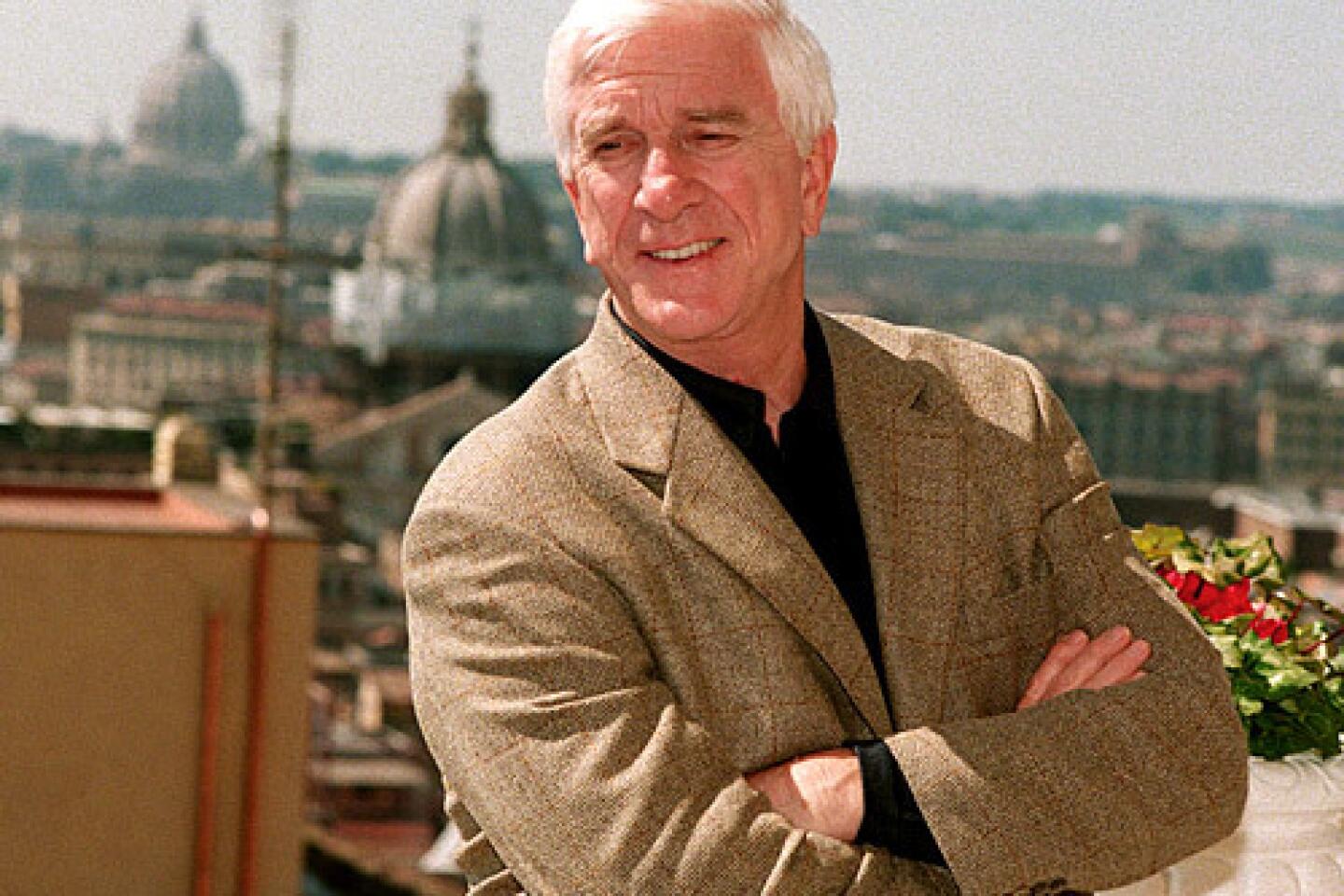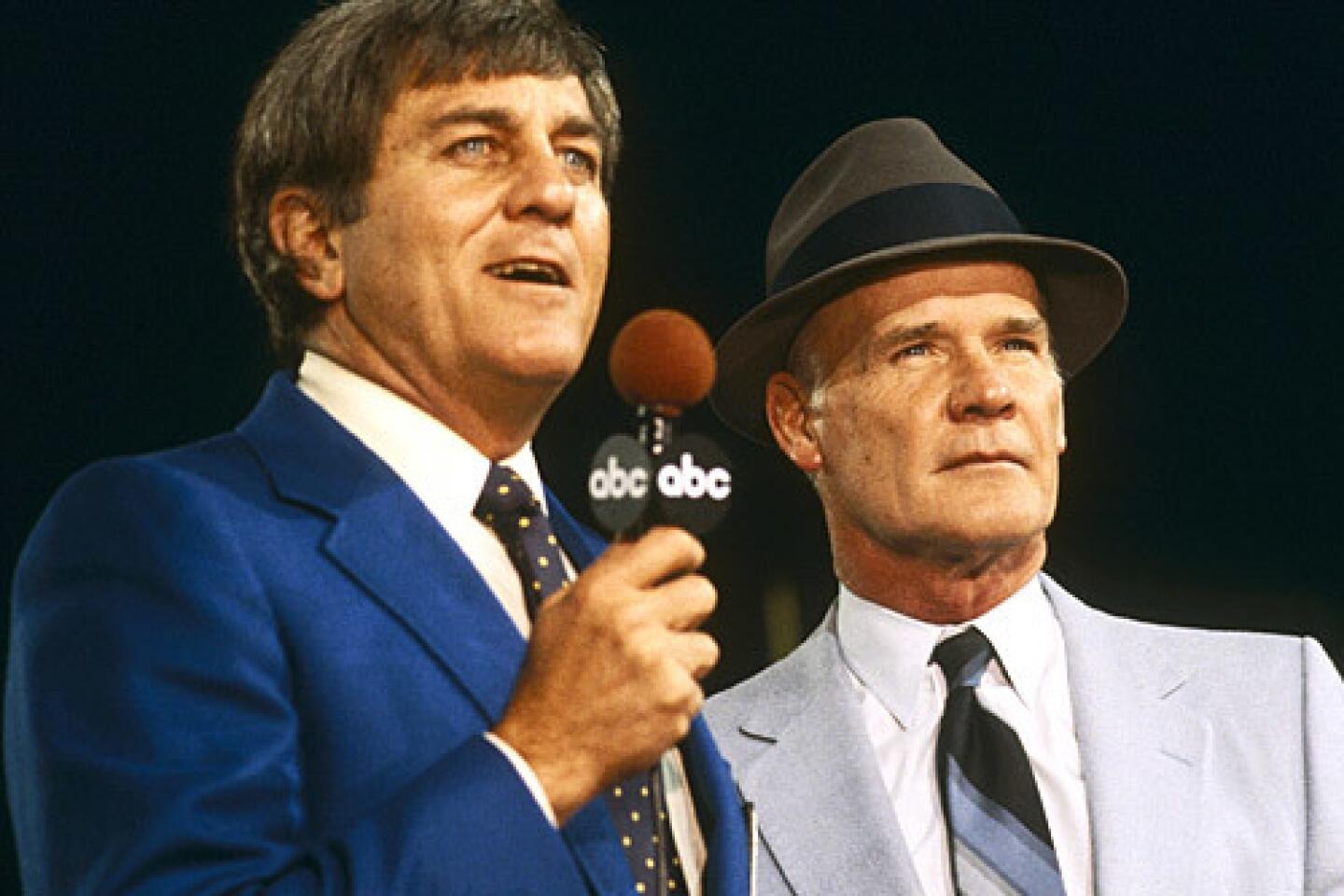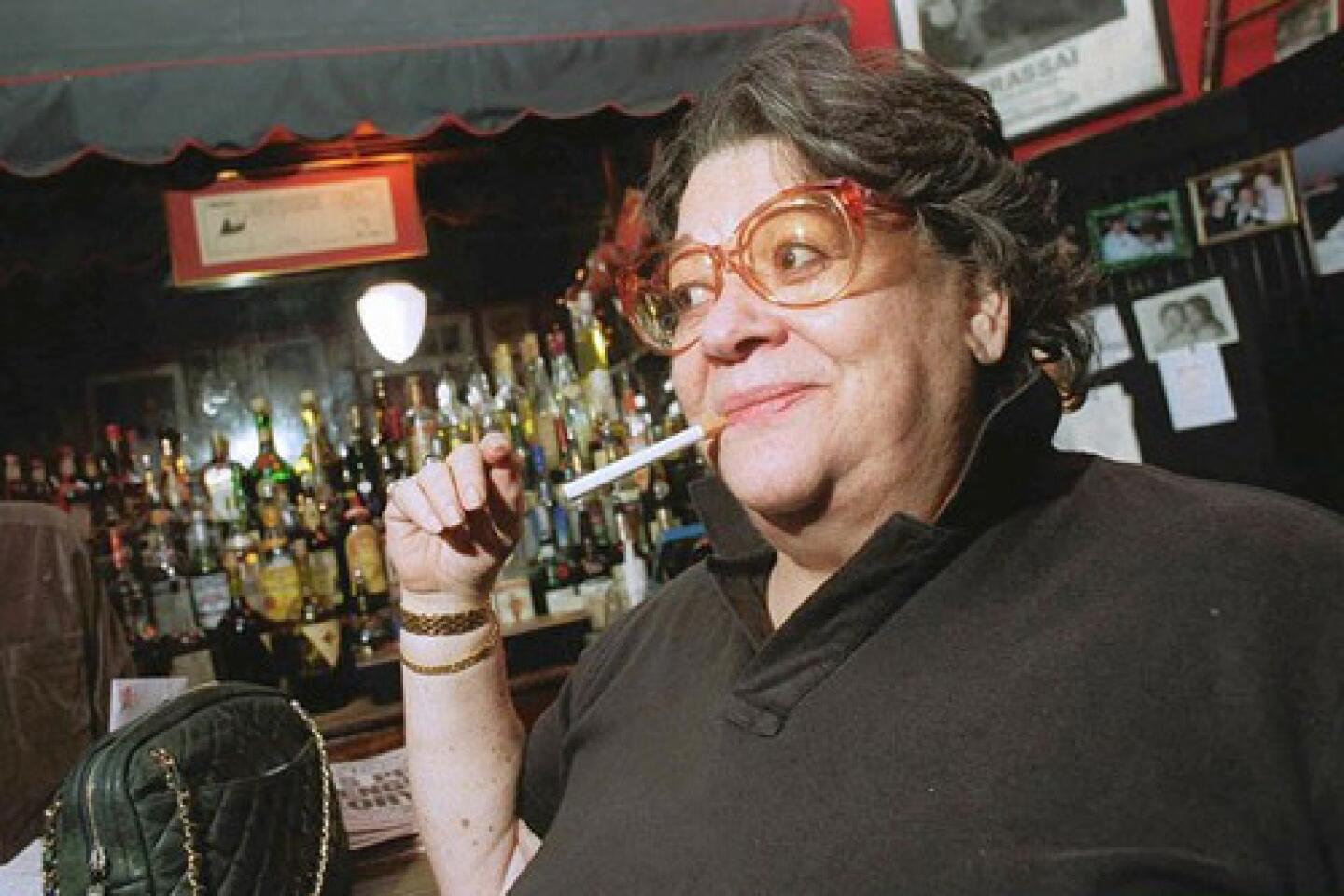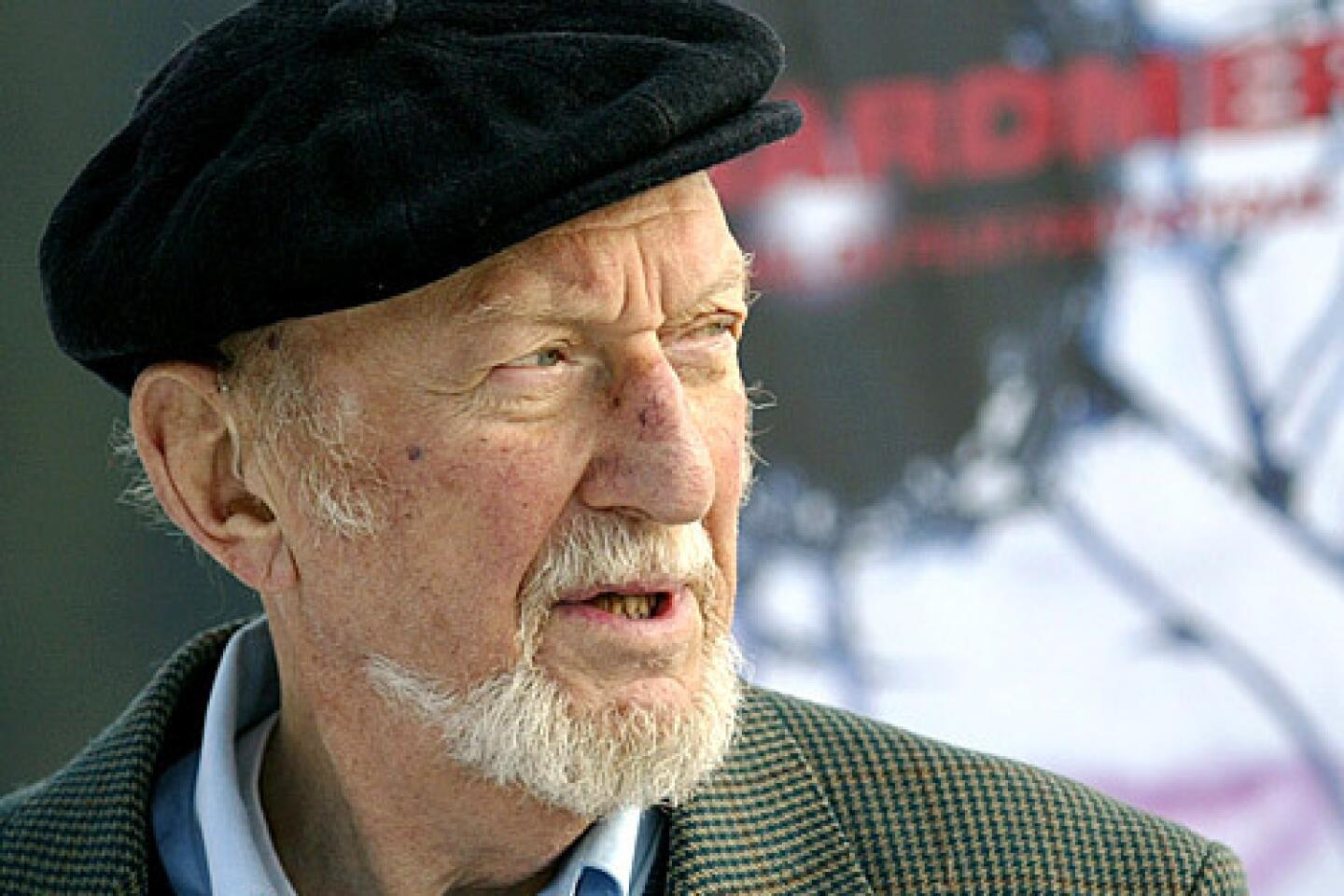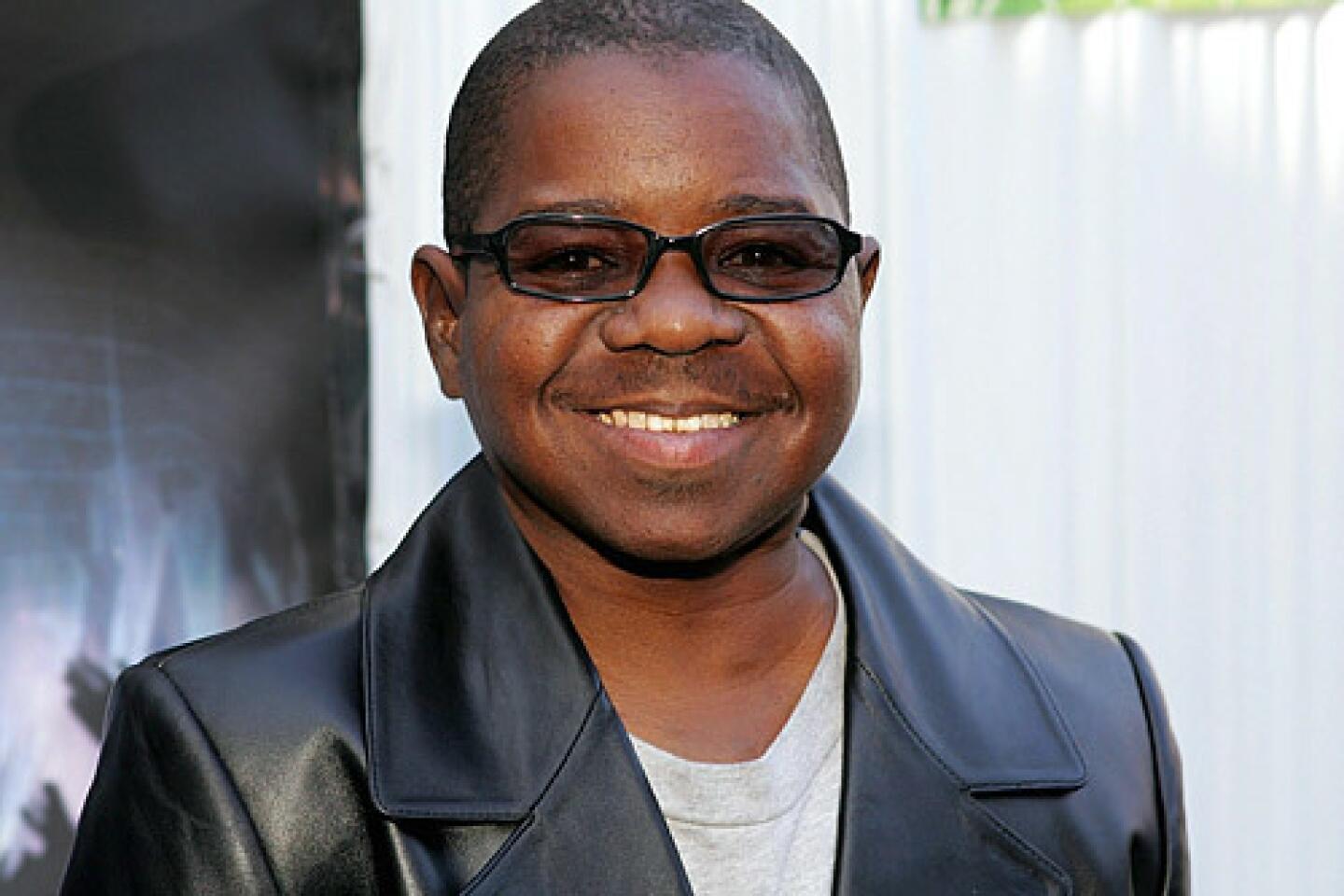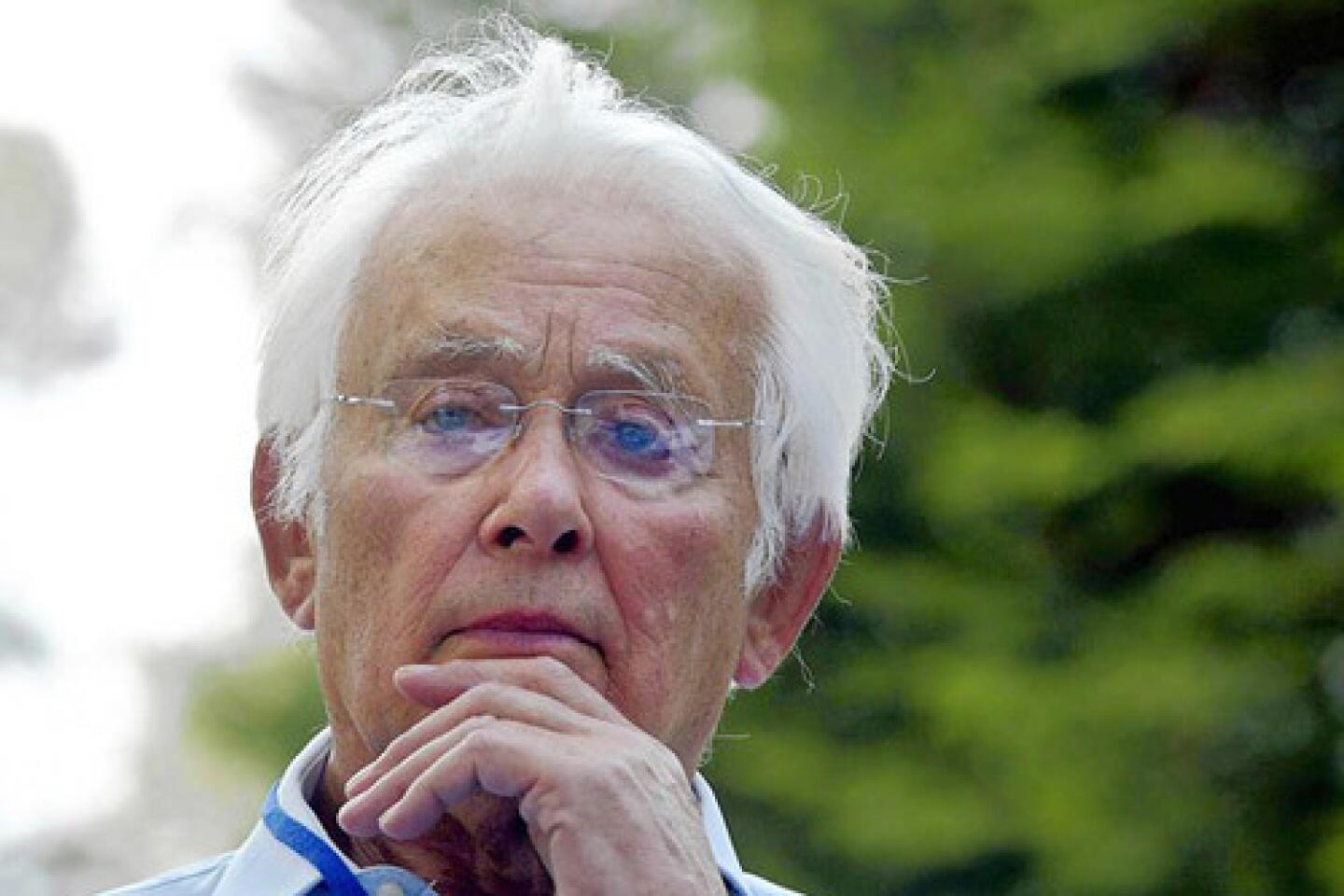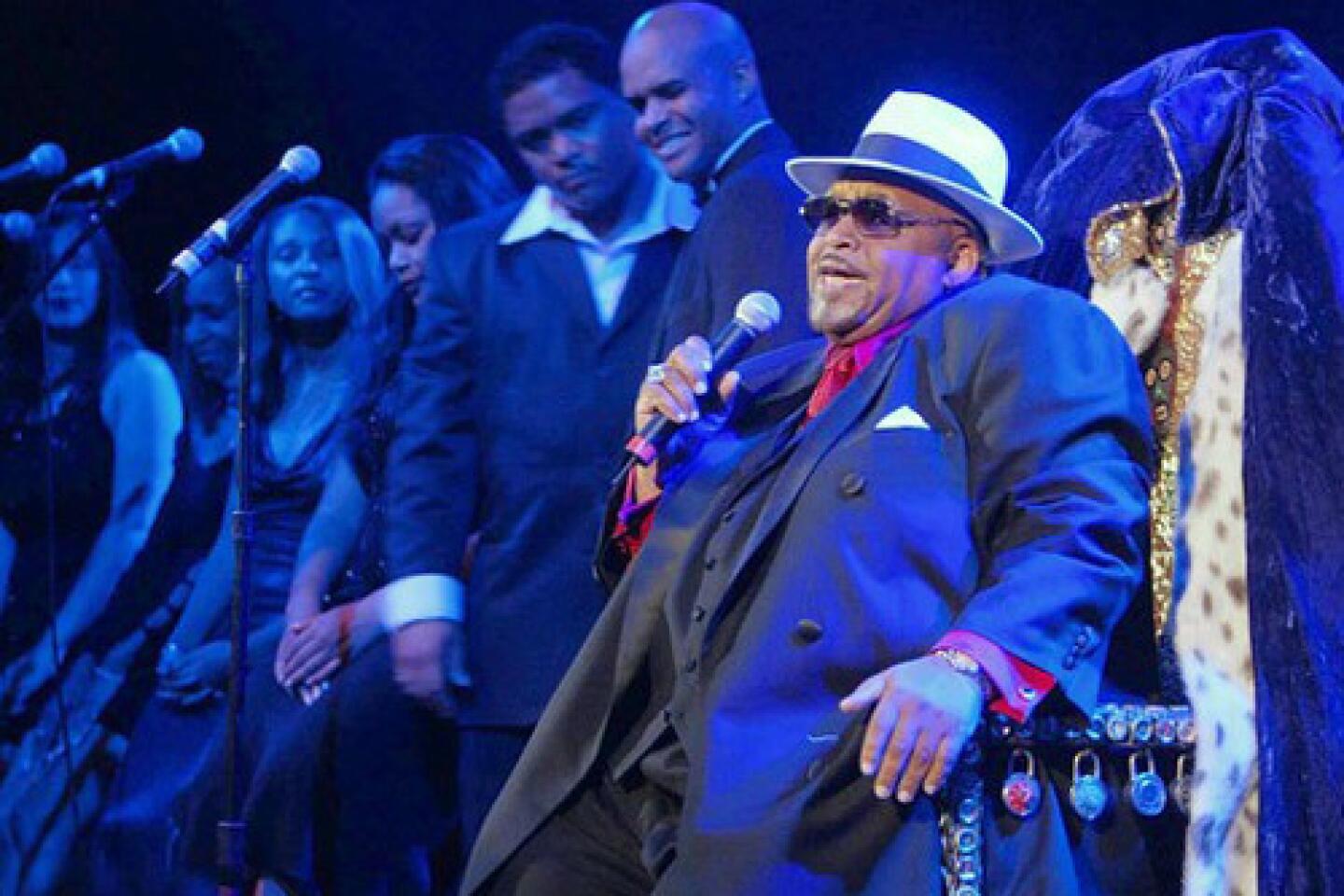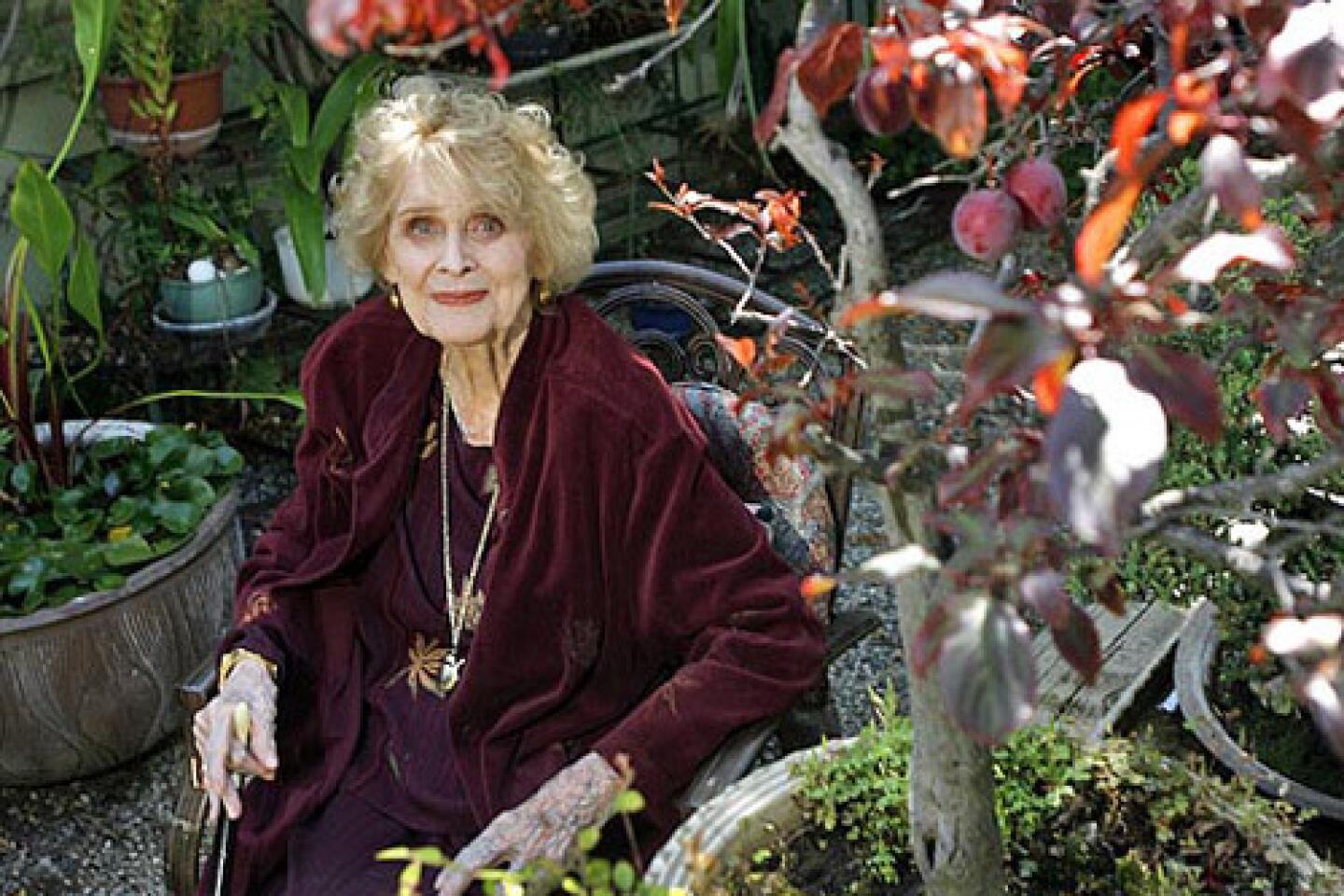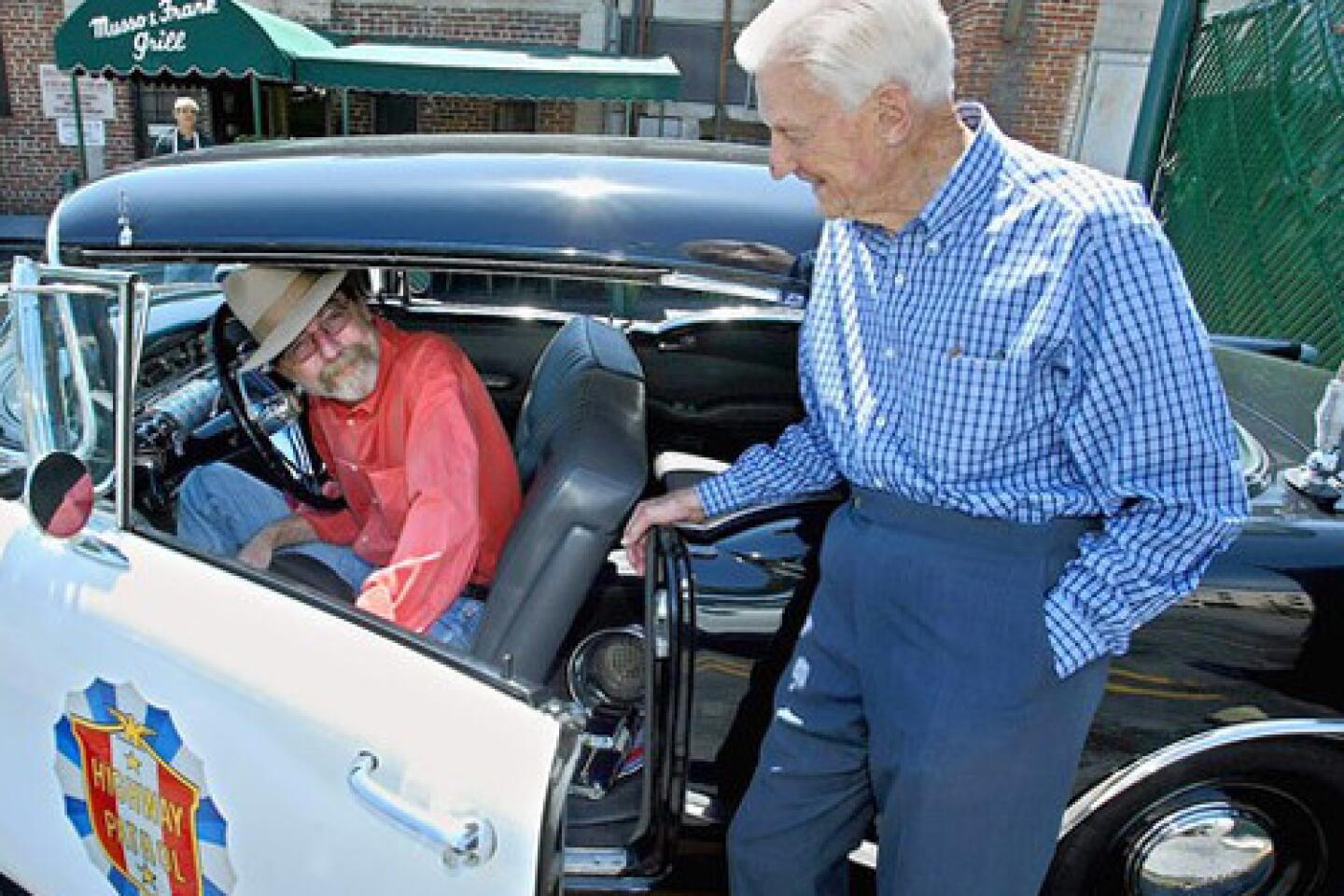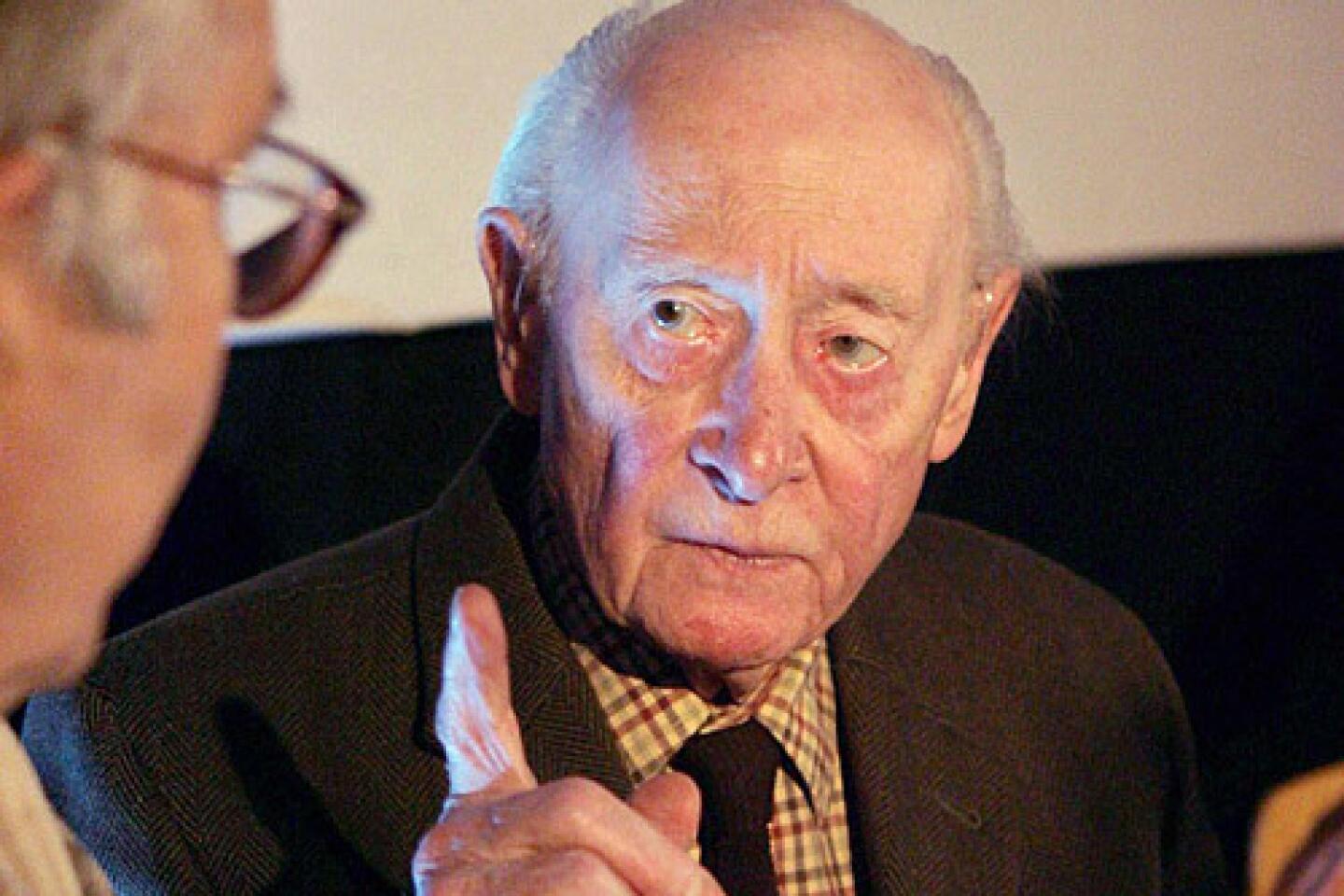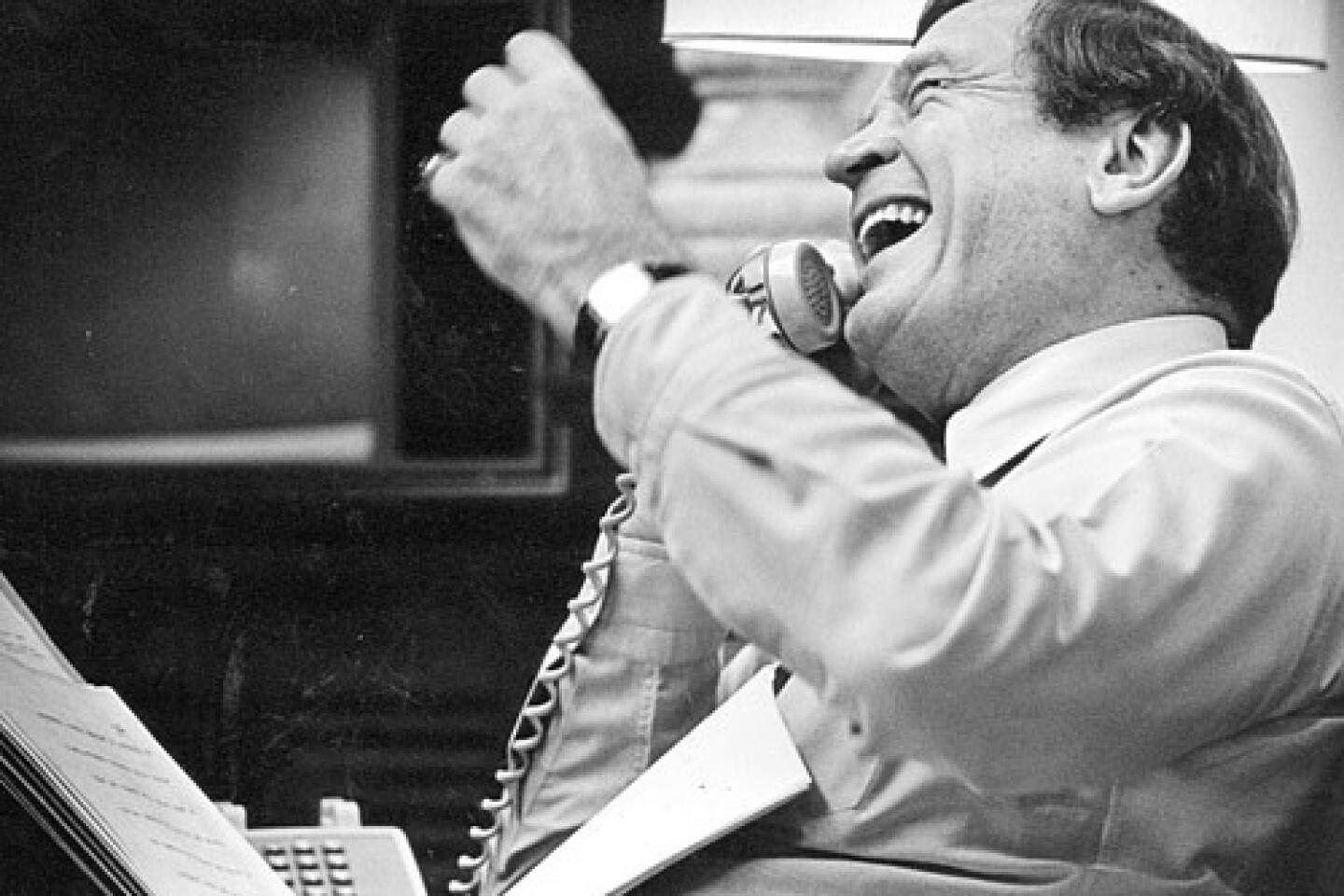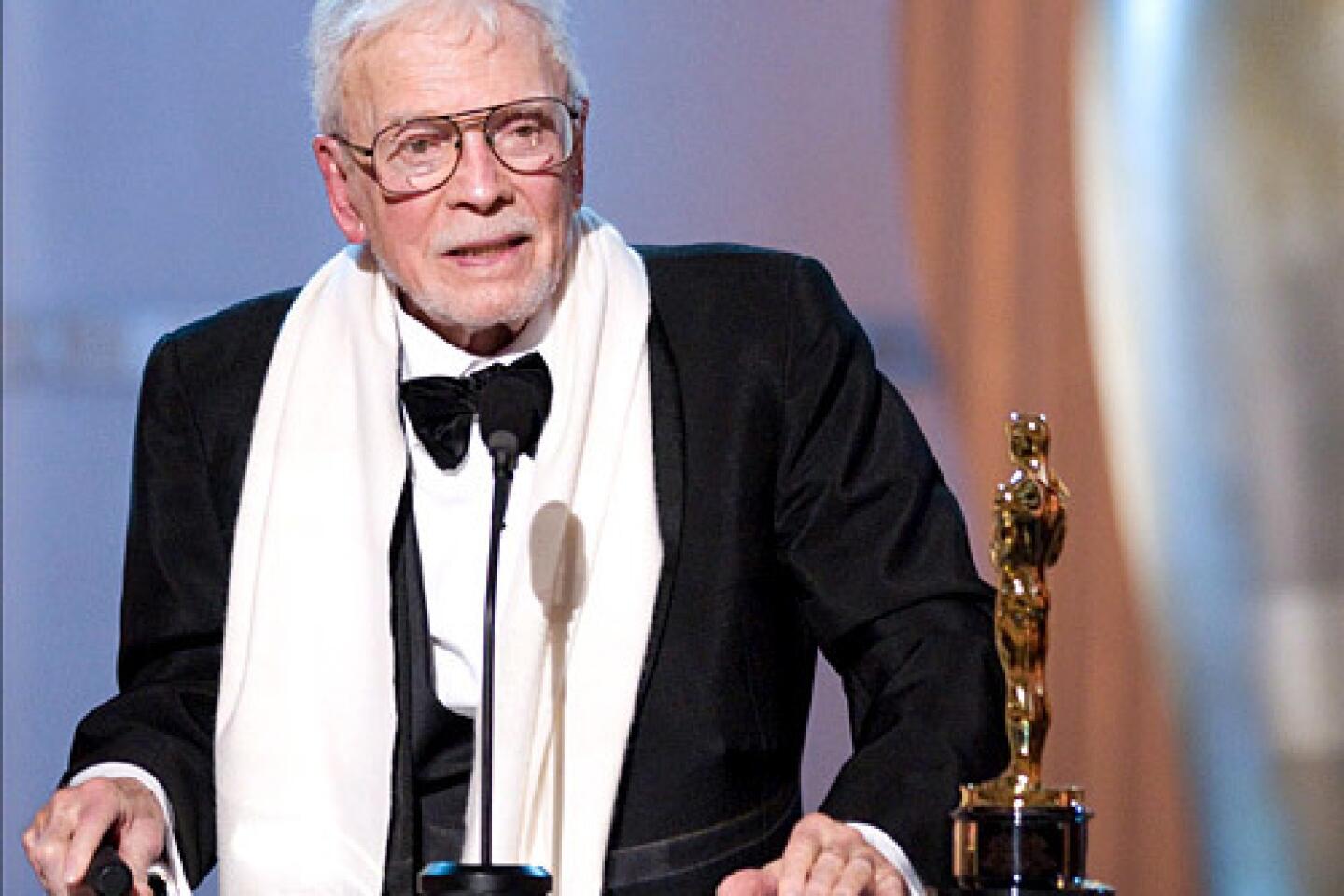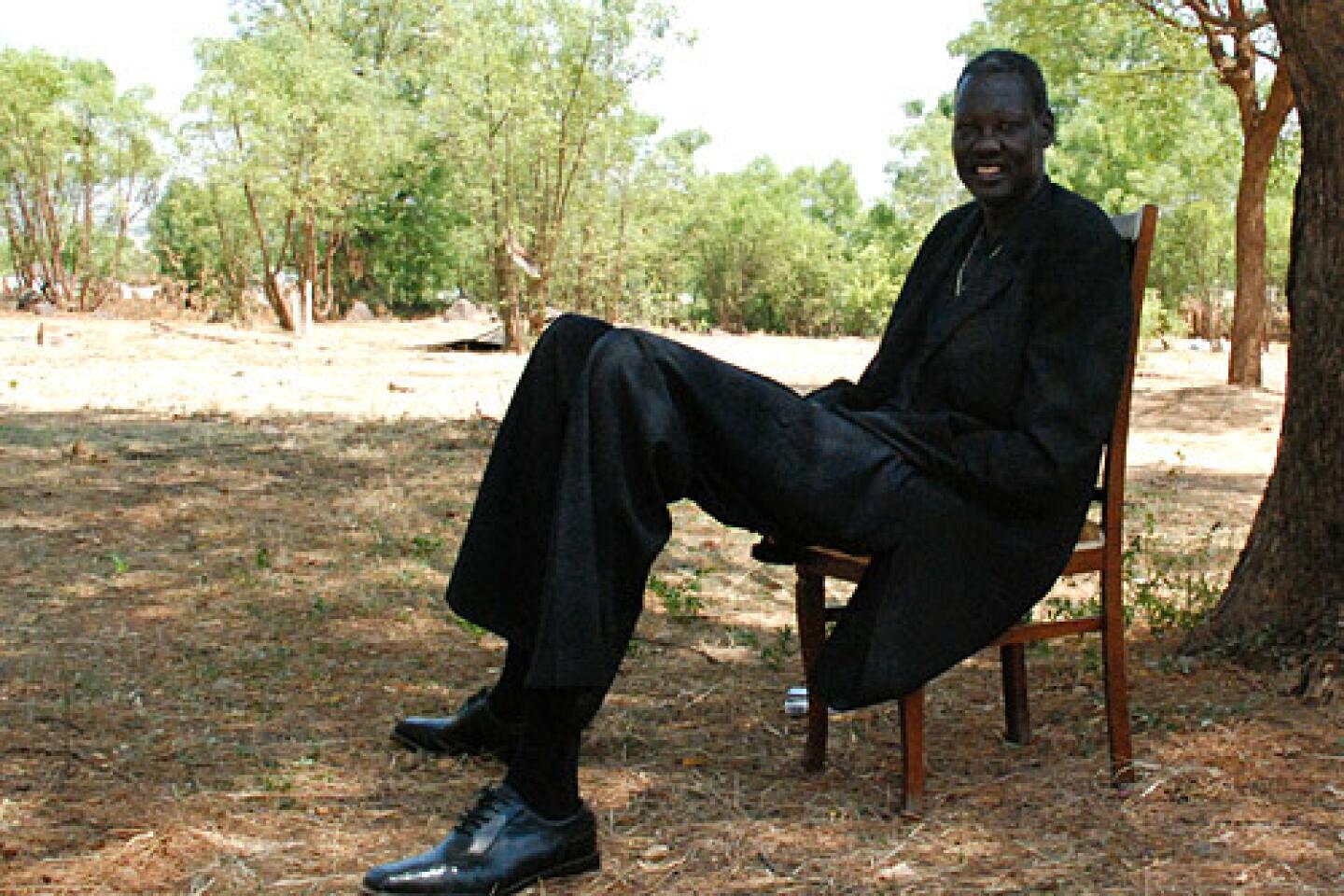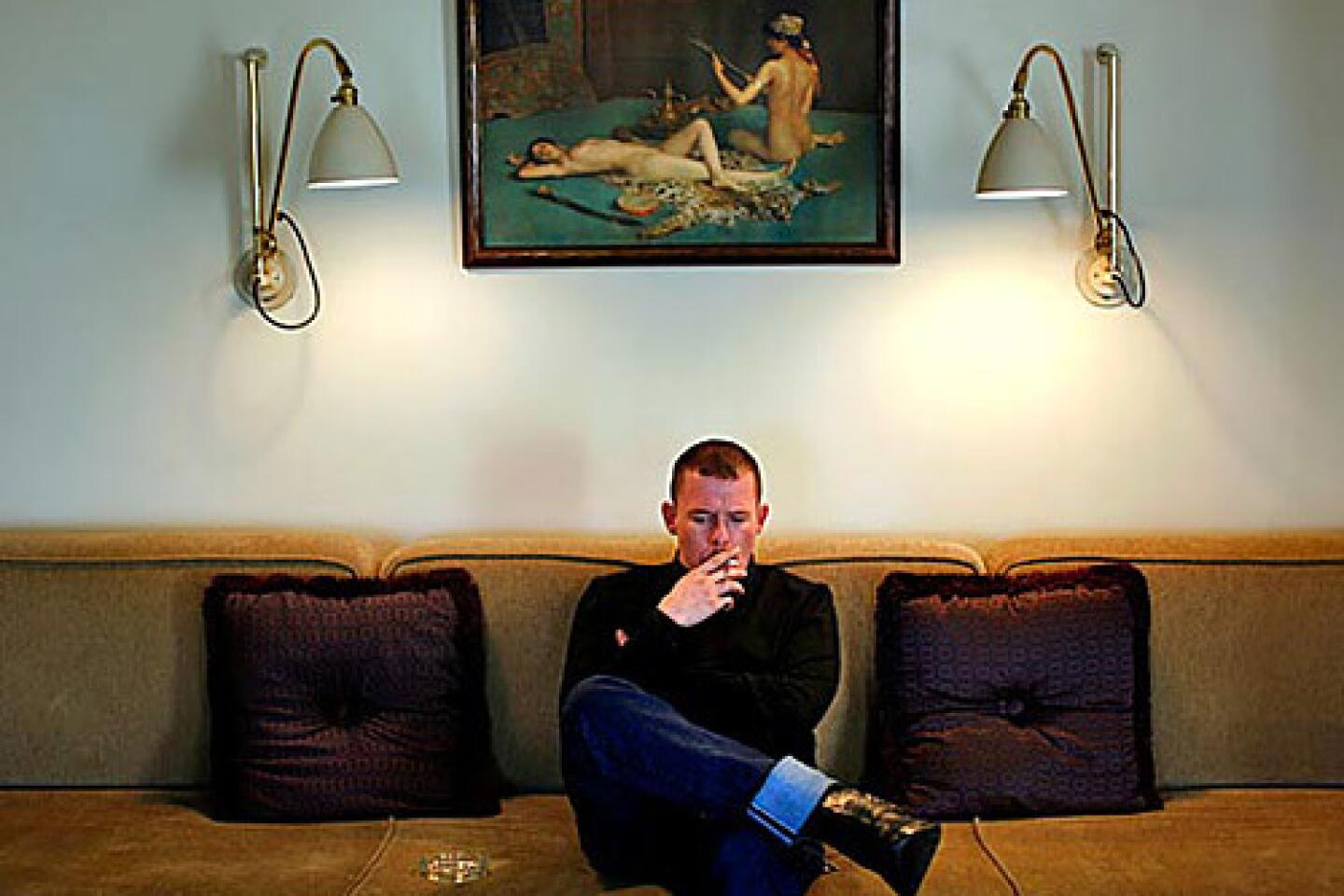Benjamin Lees dies at 86; Grammy-nominated classical composer
Benjamin Lees, an American composer who for more than half a century effectively strove to write classical music that was traditional yet idiosyncratic, has died. He was 86.
Lees, who had been in declining health, died of heart failure May 31 at a hospital in Glen Cove, N.Y., said his brother, Mark. A week before his death, the composer had moved to the area from his home in Palm Springs to be near his daughter.
While disdaining avant-garde fads in contemporary American music, Lees wrote compositions that were considered listenable and accessible. He crafted five symphonies, several piano sonatas and a number of chamber works. Many were performed by major soloists and orchestras.
His work “was appealing and ever-so-slightly quirky within a very conventional style,” according to Mark Swed, The Times’ classical music critic, who noted that Lees was well-liked but not well known.
To commemorate the 40th anniversary of the end of the Holocaust, Lees wrote Symphony No. 4, “Memorial Candles,” which the Dallas Symphony Orchestra commissioned in 1985. The hourlong piece earned praise for its power and ambition, and included poems by a Holocaust survivor.
“That was truly his masterpiece,” his brother said. “It took a year of solid emotional work for him to complete it.”
Since 1974, Lees had made his living entirely from music commissions.
According to the Grove Music Online database, his notable commissions include String Quartet No. 3, for the Tokyo String Quartet; the Concerto for Brass Choir and Orchestra, also for the Dallas Symphony; String Quartet No. 4 for the Aurora String Quartet of San Francisco; and a Horn Concerto for the Pittsburgh Symphony Orchestra.
“His music has a drive and an energy,” his brother said. “But it is not on cloud 17 somewhere. That’s part of the strength. His music was not easy to perform, but you could listen to it.”
The son of Jewish immigrants from Russia, Lees was born Jan. 8, 1924, in what is now Harbin, China. His father was a watchmaker.
With his family, Lees immigrated to San Francisco when he was a year old and moved to Los Angeles in 1939. He started piano lessons at age 5 and began composing at 15.
After serving in the Army during World War II, he studied music at USC until maverick American composer George Antheil took him under his wing.
“He agreed to take me as a student only if I left the university, which, he claimed, hadn’t taught me anything,” Lees told The Times in 1992.
The idea of writing accessible music came from Antheil, who succinctly told him, “Music must have a face,” Lees told an interviewer in 1987.
In 1954, Lees broke through when his first orchestral work, “Profile for Orchestra,” was played by the NBC Symphony Orchestra on a national broadcast.
He was awarded Guggenheim and Fulbright fellowships, which enabled Lees and his wife to live in Europe for seven years, Many of them were spent in Paris, where he formed friendships with Surrealist artists whose ideas influenced his music.
Upon returning to the U.S., he taught composition at the Peabody Institute in Baltimore, Manhattan School of Music and Juilliard School of Music.
In 2004, Lees was nominated for a Grammy Award for his Symphony No. 5, “Kalmar Nyckel,” which commemorated the 17th century arrival of Swedish immigrants to Delaware.
He moved to Palm Springs in the 1990s and received commissions into his early 80s. He was working on a second violin concerto when he died.
“Composers never retire,” Lees told The Times in 1992. “We work until we cannot hold the pencil anymore.”
In addition to his brother, Lees is survived by his wife of 62 years, Leatrice; a daughter, Janet Rexon; and two grandchildren.
More to Read
Start your day right
Sign up for Essential California for the L.A. Times biggest news, features and recommendations in your inbox six days a week.
You may occasionally receive promotional content from the Los Angeles Times.
